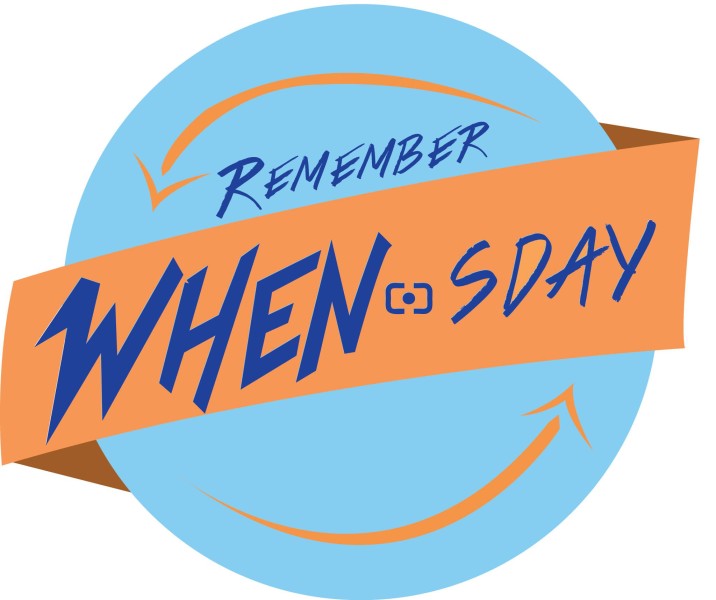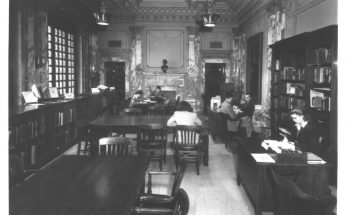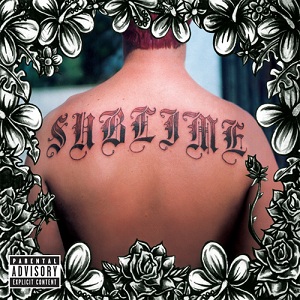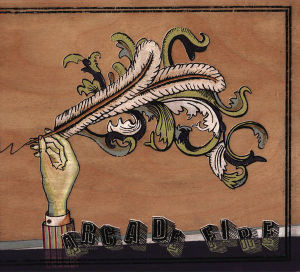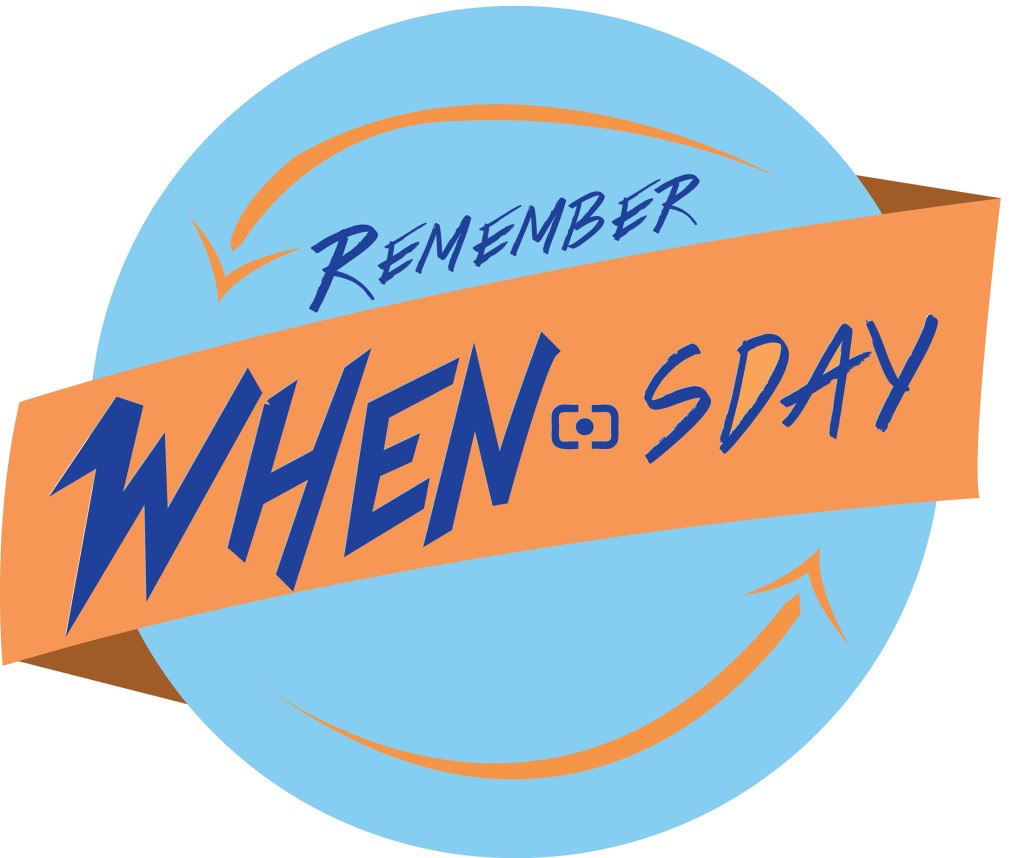
Written by Justin Peters
Maybe it’s the residual mindset of last weekend’s Riot Fest floating around my system, or perhaps early onset symptoms of senioritis, but this week has me feeling an overwhelming desire to respond to any authority in my way a brazenly resistant “No.” And while I’m a bit too softcore to follow through with my punk rock urges, this week marks the anniversary of a few major rebellious acts in popular music history. From on-air destructiveness to US senate hearings, here are some historic rebels to subdue (or incite) your inner punk.
September 17, 1967:
47 years ago today, two historic acts of musical rebellion were aired on live television. The first of which involved the famed British rock band The Who. The quartet was set to play on the Smothers Brothers Comedy Hour, a show that did its best to fight the establishment (in this case being CBS) in terms of what they could and couldn’t show. Although The Who wasn’t necessarily a rebellious or controversial band, they had become well known for ending their performances by destroying their instruments.
The show featured a performance of their hit song “My Generation”, immediately followed by their trademark demolition derby, however in order to make a bigger impact on the viewers across America-many of whom were seeing The Who for the first time-drummer, Keith Moon packed his kick drum full of explosives. While the band was beating the life out of their guitars, Moon’s drum set exploded, singeing the hair of Guitarist Pete Townshend, and reportedly leaving him partially deaf in one ear for the rest of his life. The show momentarily went off air, while the cast and audience were left in dumbfounded silence. Check out the video below:
The second, more rebellious television mishap featured The Doors on the Ed Sullivan Show. Ed Sullivan’s variety show was one of the most widely watched shows in America in the 60s, and was partially responsible for launching Elvis career as well as The Beatles’ start in America. In ‘67, when The Doors were invited on to perform, the producers of the show insisted they change the “Light My Fire” line, “Girl we couldn’t get much higher,” to “Girl we couldn’t get much better” in order to avoid possible association with the show and drugs. Upon their performance, lead singer Jim Morrison ignored the producers’ requests and sang the original line.
Following the performance, a furious Ed Sullivan refused to shake hands with the members of the band. They were later informed that they were set to play the show six more times, but instead had been permanently banned from ever performing on the show again, to which Morrison replied “Hey man we just did the Ed Sullivan show!” You can see their performance here:
https://www.youtube.com/watch?v=MifWlrkEBD4
September 20-21, 1976:
When punk music started to emerge in London, the entire scene was exclusively underground. Bands like The Clash, Sex Pistols, and Buzzcocks were becoming more and more popular in the London underground scene, until a two-day showcase helped bring them to the mainstream spotlight. The 100 Club Punk Special featured performances by Subway Sect, Siouxsie and the Banshees, The Clash, Sex Pistols, Stinky Toys, Chris Spedding & the Vibrators, The Damned, and Buzzcocks across two days. The attendance of the festival helped to propel many of these groups into the popular culture. And if two days of UK punk wasn’t hardcore enough for you, attendees claim that Sid Vicious threw a glass bottle, which shattered and left a girl blind in one eye.
September 19, 1985:
If you’ve ever listened to rock music, there’s no doubt you’ve been exposed to some kind of expletive, sexual, or drug related material in one way or another (whether it be through lyrics, album artwork, videos, etc.); the rock culture thrives on this subject matter. Similarly, if you’ve ever purchased a CD, you’ve probably seen one of those “Parental Advisory” warning stickers. Those stickers are the result of a lengthy debate between the PMRC (Parents Music Resource Center) and a number of popular rock musicians. In 1985, leaders of the PMRC began a campaign to censor the lyrics and artwork of albums sold in stores. The campaign even went as far as to suggest censoring lyrics during live performances. Unsurprisingly, and rightfully so, a number of musicians stepped up in opposition to the PMRC’s campaign for censorship, most notably John Denver, Dee Snyder (of Twisted Sister) and the brilliant Frank Zappa.
On September 19, 1985, Frank Zappa stuck it to the biggest man there is, and delivered a testimony in front of the US Senate, defending the freedom of speech and the right for artists to produce whatever they damn well feel like without having to filter their output. Thankfully, due to these efforts, the campaign’s goal to actually alter artistic output was reduced simply to warning labels placed on albums. Once again, he rebels come out on top. Here’s a full 33 minute video of the hearing:

